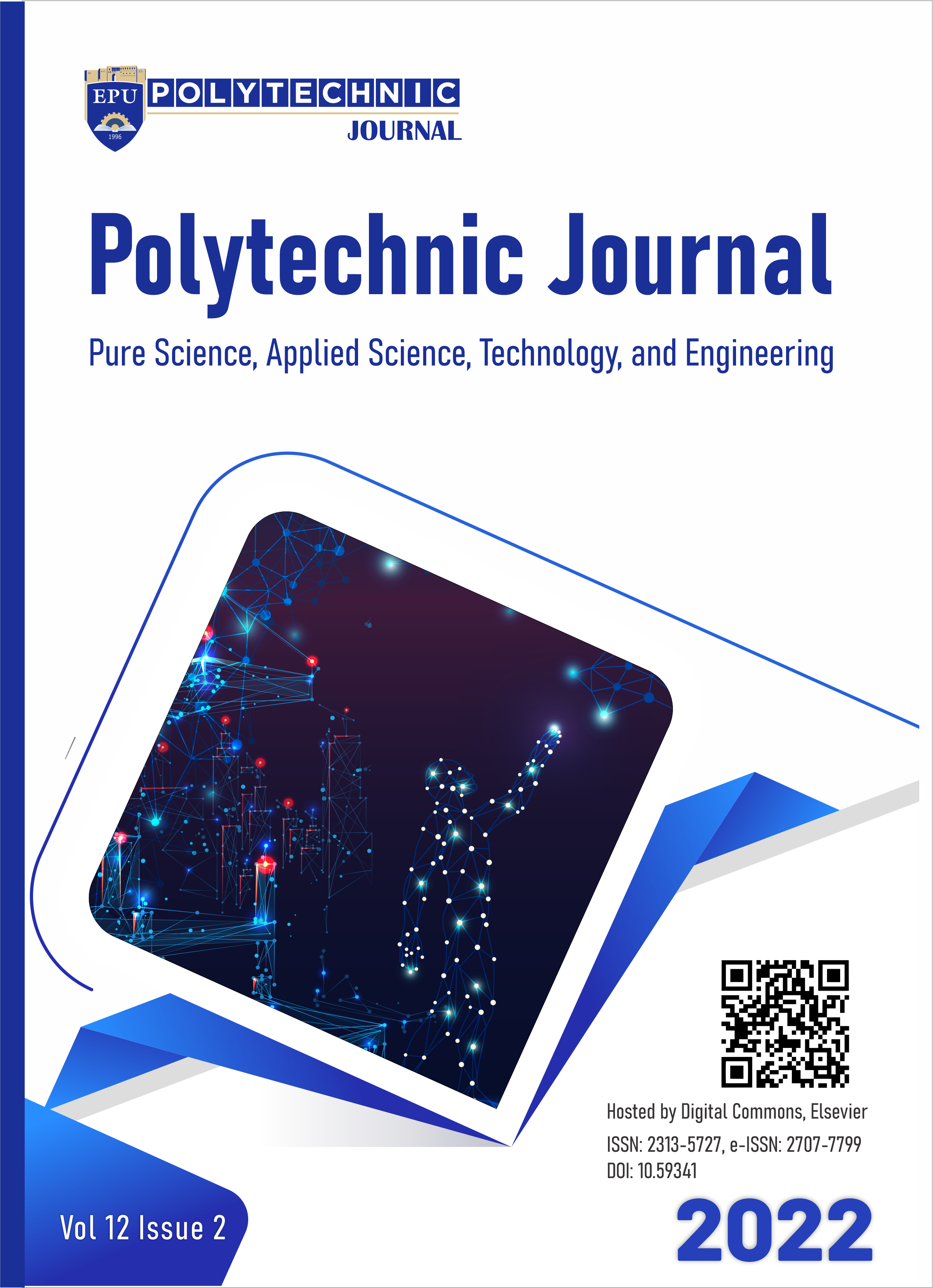Molecular Comparative Study of Virulence Factors Produced by Gram-Negative Bacteria Isolated from Several Cancer Cases and NonCancer Patients in Erbil Governorate, Iraq
Keywords:
Gram-negative bacteria, cancerous patients, non-cancerous patients, virulence genesAbstract
Background and objectives: Gram-negative bacteria are one of the most prevalent complications among
immunocompromised cancer sufferers and pose the greatest threat to these patients.
Our study aimed to conduct research on Gram-negative bacteria isolated from various clinical samples
among cancerous patients and non-cancerous patients in Erbil city to analyze and compare some virulence
genes among them such as tuf, atpD1, atpD2, ms-1, ms-2 and ms-3.
Methods: The current study was carried out in Nanakaly hospital and other public health hospitals in ErbilKurdistan region at a period extending from August 2021 to March 2022. A total of 100 different clinical
samples including urine, sputum, wound swab, stool, blood, have been collected from patients with
different types of cancer (n=50) and non-cancerous patients (n=50), from both gender (male and female),
without limited age group. Gram-negative bacterial isolates identified by microscopical, macroscopical
analysis and Vitek II compact system.
Results: The results of amplification of tuf gene among the cancerous patients were (70%), while the
results among the non-cancerous patients was (52%). The percentage of atpD1 from cancer patients were
(52%), as well as the appearance among non-cancerous patients were (44%) isolates. The results of atpD2
among cancer patients were (52%). However, the average of atpD2 among patients without cancer were
(48%). The results of agarose gel electrophoresis of amplicons appeared that (32%) samples possess ms-1
among cancer cases, while there have not any positive results for control patients. Also, the results of ms-2
gene were (28%) from cancer patients, whereas, the prevalence of ms-2 gene marker among patients
without cancer was (6%). The distribution of ms-3 gene was (22%) among cancer patients. Otherwise, the
prevalence from samples of patients other than cancer were (20%). According to the statistical tests, the
results showed no significant association between genes and type of bacteria in cancerous patients as well
as in non-cancerous patients.
Conclusions: tuf, atpD1 and atpD2 genes sealed a discriminated gene as a virulence factor encoding
genes for identification of gram-negative bacteria. To the public health and especially from patients with
cancer there is a main distribution of ms-1, ms-2 and ms-3 genes among gram-negative bacteria.

